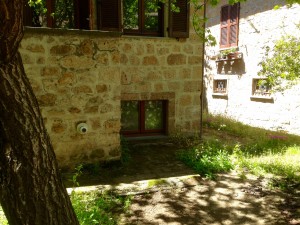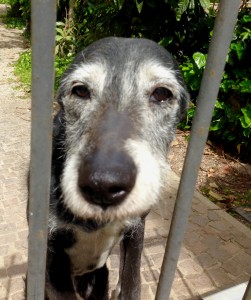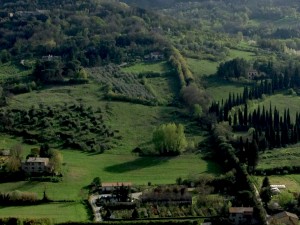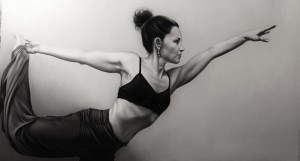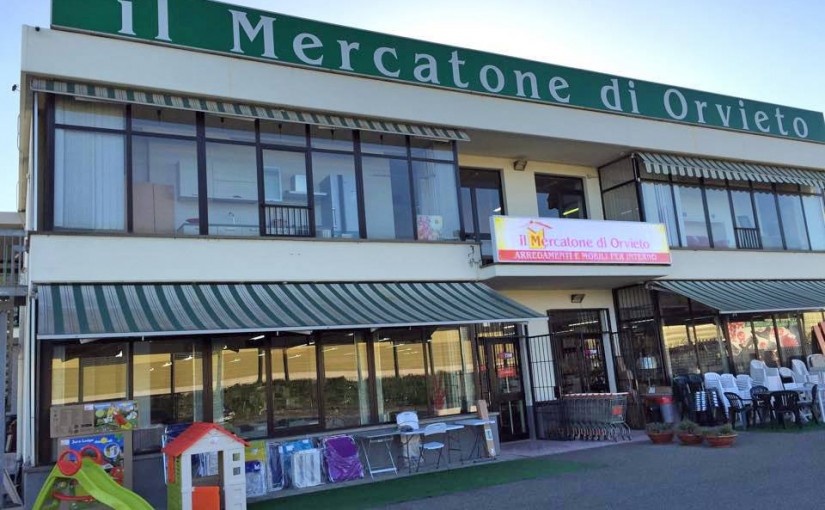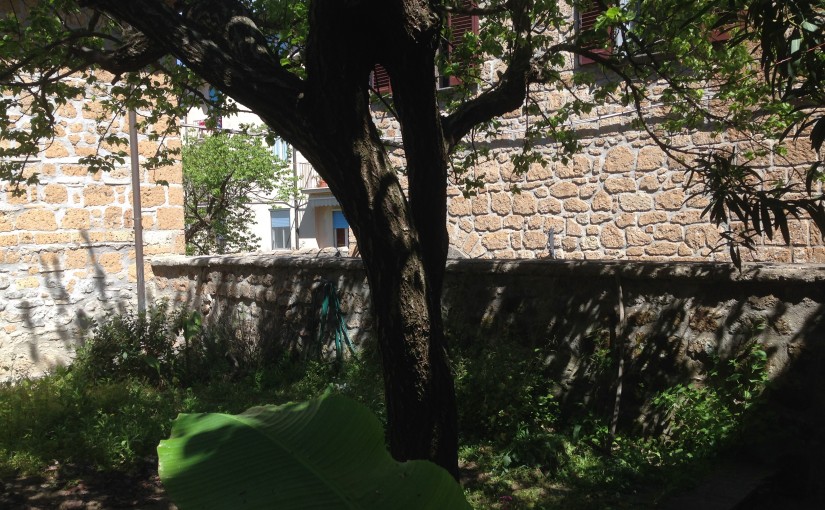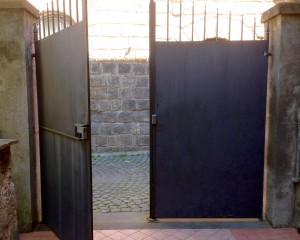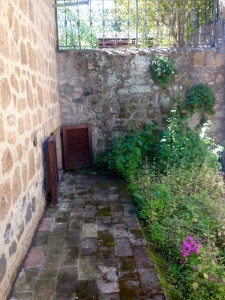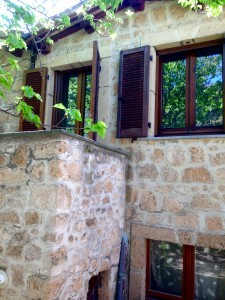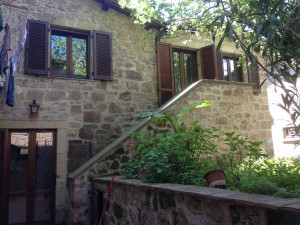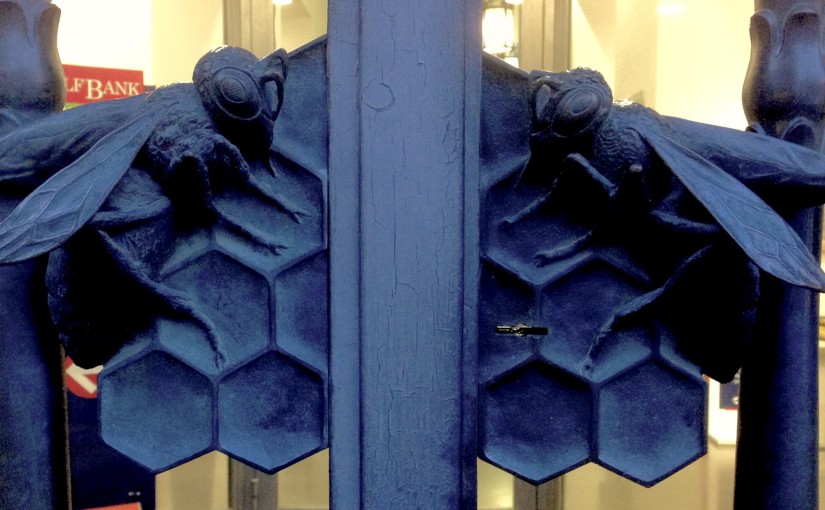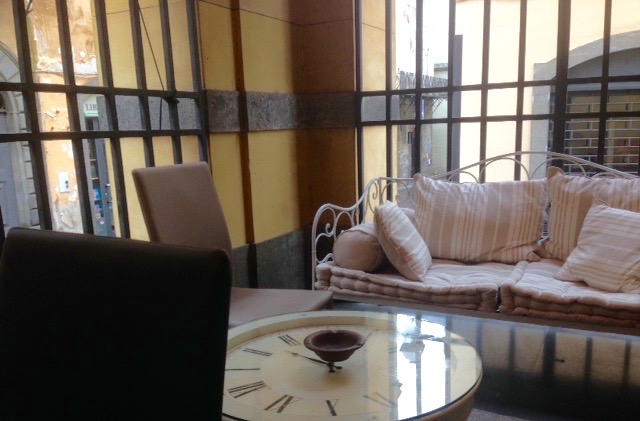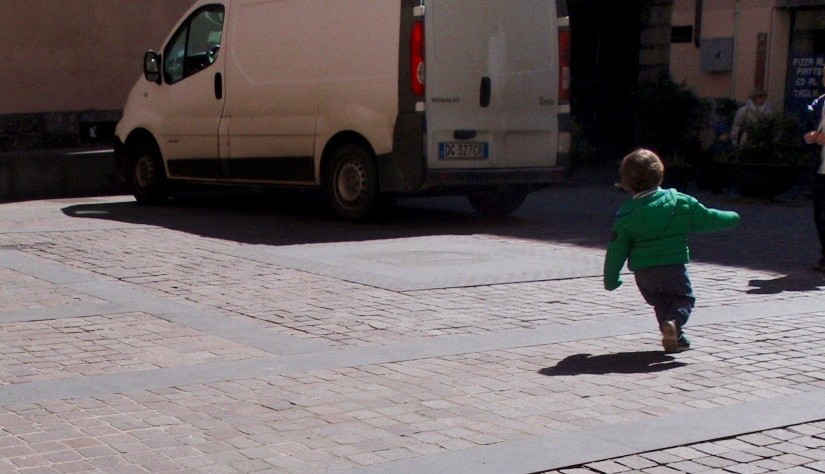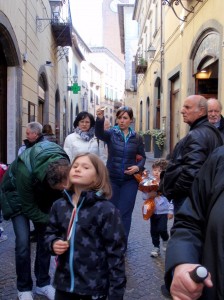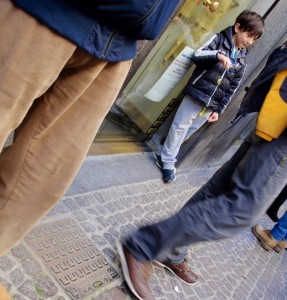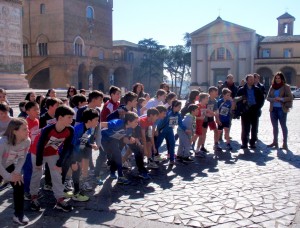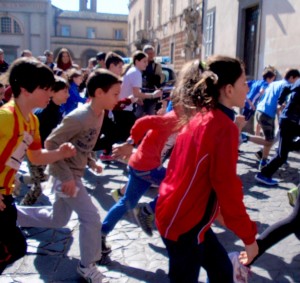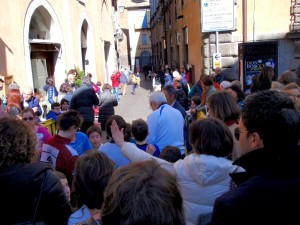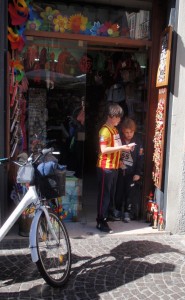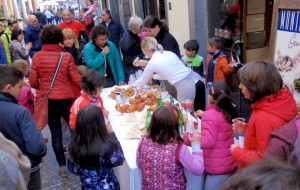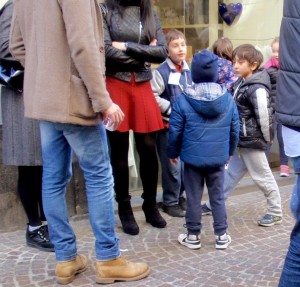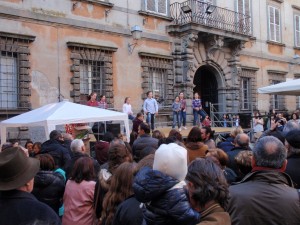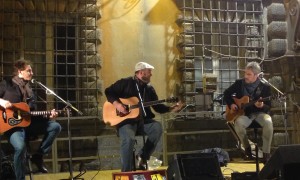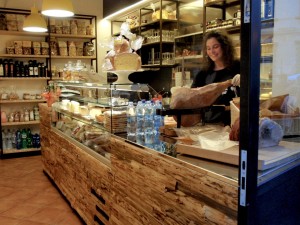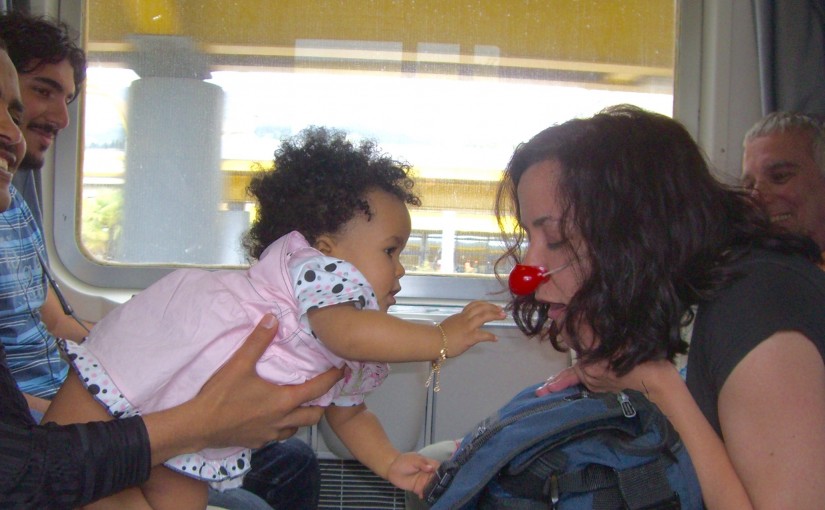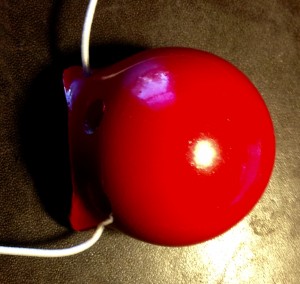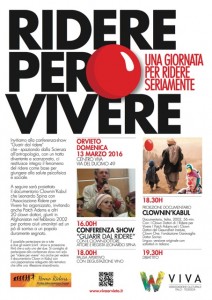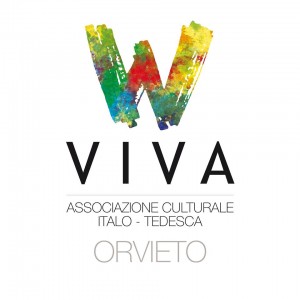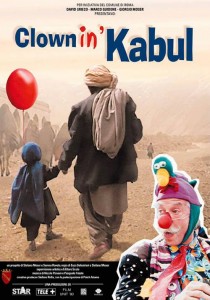Count those blessings. When I’m ridiculously weary, when my back aches to sit (nothing serious, just tired) when I can barely think, barely move, barely contemplate going out for a walk, barely remember what purpose I think I have in life — perhaps it’s time to write.
I tried working on a play. Maybe I could have continued in my semi-comatose state, sometimes those sessions yield some good that is recognized only the next day. But it didn’t work. I found a scene that needs lots of work, and that’s always positive, but had no energy to improve it. So I thought about reading, but I took all my books to the new place yesterday, so nothing here is anything I’ve begun, and who has the energy for new beginnings?
True, last night sleep came but reluctantly, and this morning nonetheless began early. Maybe that explains the doldrums, the yearning for 10:30 when I can finally justify going to bed.
The day was brisk, both weather and energy. I wrote a proposal this morning, then met with Andrea at 11 on a initiative he and Lucianna and I have begun to work on. Then I had lunch and met Claudia. We moved the chairs and whatnots I bought on Saturday from their temporary storage at Villa Mercede to the new house. Then I met friend Roy who kindly took me down to Scalo to buy a little printer and a few household items.
For housewares we began at a place close to the electronics store; a big box filled with items of antiseptic design at relatively low prices. I mean, it was okay — I bought some nice towels, and inoffensive is better than ugly, but nothing in me stirred. Then we went to Mercatone where Roy said my chances with kitchenware were better. He was right. We ran into a friend of his, a lovely lady from New Zealand married to a Venetian. They’re trying to sell their house near La Badia, and part of their prep is to get rid of stuff. She says she has a whole barn full of housewares, so to come up and take whatever I want. That pepped up the shopping. Roy and I will visit on Friday morning.
But by the time I got home, I was wasted. I decided it must be because I was hungry, so I went for dinner. However, I was out of several things that would make breakfast a tedious affair, so I stopped at the “supermercato” on the way. I bought a bag of heavy stuff — you know, water, juice, aperitif — so I had to return home first. By the time I had unloaded, I was pretty hungry, so I fixed dinner. Then I sat on the sofa and sank into it like a stone.
I put the new chairs in place around a phantom table this afternoon. They’re lovely chairs, but they looked so lonely. Tomorrow, Daniele may take me to fetch the table while we’re fetching tile for what I am told will be an “area pavimentata” not a terrazzo as I have been calling it. In the meantime, the tile-made-to-look-a-little-like-cotto floor in the house clashed with the blue damask upholstery, the kitchenette gave the chairs an incongruous and tepid backdrop, and the two French provincial chairs looked isolated and stranded in the part of the ground floor room that suggests no purpose. Furnishing a small house is a lot like editing an early draft; sometimes the incomprehensible should simply be cut or moved to another location.
I do believe that under it all I’m a little sad to be leaving Orvieto. Last few days have been pretty good language days. Today I felt like a limp pony. The streets worked their magic on me, as they usually do, but I paid them, and the magic, less attention. I want to continue what I’m doing without a break, but that’s not going to happen.
Yesterday at Blue Bar a young Italian musician sat across the table from me and played “Here Comes the Sun” and “Norwegian Wood” on Antonny’s guitar, and sang. He was marvelous. I nearly cried. He said that last year at this time he and his band were touring Los Angeles and he misses it. He asked about me. I told him I’d just taken a house in Orvieto. “Why?” he asked. I like it here. It’s a good place for a writer. “Not for a musician,” he replied. “Too isolated, too few of us, no new blood.”
I walked out wanting to find a way to make Orvieto a spontaneous center for the arts. A place where people just come to because there are other artists here to interact with, and from all over. Because it’s conducive to honesty, finding your place in the cosmos, and facing your own demons. And it’s beautiful, and millions of human souls have left their stamp on that beauty. I wanted to be able to post on Facebook,”Hey everyone, choose any three months out of the year and come live in the Orvieto area. It could be Porano or Baschi, or Fabro. But come here and bring your guitar or viola or saxophone, and make this city sing. I’ll help you find a place to stay.” Would anyone come because I said so? I doubt it. But it’s a nice dream. I even wrote a few friends, asked for advice in how to plant a cultural seed. They had none.
What I realized is that everyone has their own itinerary. The young musician made of L.A. what I made of Firenze forty years ago. That must happen. In the meantime, we embrace our own yearned-for place and struggle with the yearnings that draw us there, or that take us away from life in the moment wherever we are.
Looking back on these months it was not exactly a process of demythification I’ve gone through, because many of the things that held my fascination in Firenze of 1975 are real and still hold it. But what has fallen away is my passive-aggressive relationship with Italian culture. I’ve lived here. I’ve struggled with the language and culture, wanted to be more integrated with both, and have discovered that I can be exactly who I am and enjoy and be enjoyed. I have also learned about the illusive lure of novelty and conversely, the challenge of familiarity. To cleave to the familiar is dulling, but to see through it and find novelty in each moment, is to open your heart to reality. That effort gives novelty real meaning and real benefit. Neither novelty nor familiarity is bad nor good, but life takes more effort than either can passively provide.
So, as I sit on this by now familiar and rather uncomfortable couch and type away at what may be my last post under this rubric, and as my back wishes it were in a tub of hot water or under the magic hands of Michele the shiatsu therapist, I try to see past the heavy body and the confused spirit, to the kindness of today, to the best smile in Orvieto that belongs to a young man at the register in the “supermercato” and who uses it too rarely despite its immediately positive effect on the general welfare, but who used it today while joking with an old friend who is the mother of one of Orvieto’s most beautiful children. Those are the gifts of a day. They are delivered on their own unpredictable schedule, often wrapped in brown paper. They cannot simply be signed for and put on the kitchen table. They need to be anticipated, examined, opened, explored, and enjoyed.
Then for me, they need to be shared. Thanks for reading.
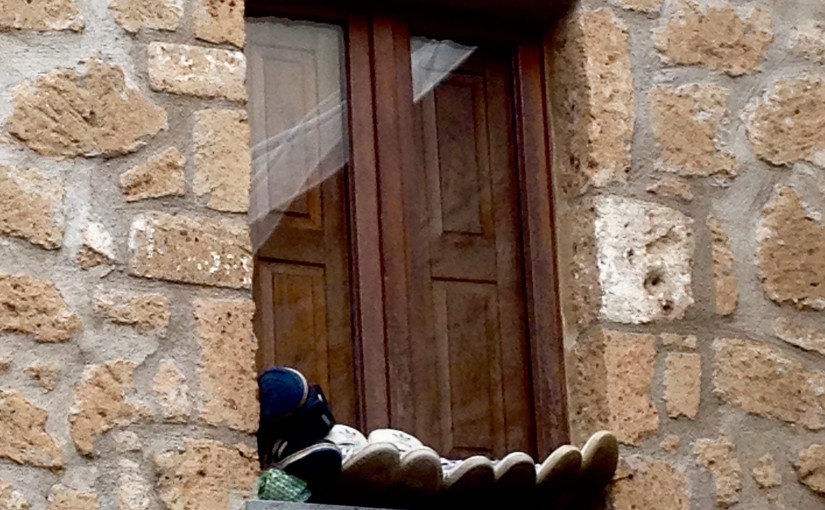
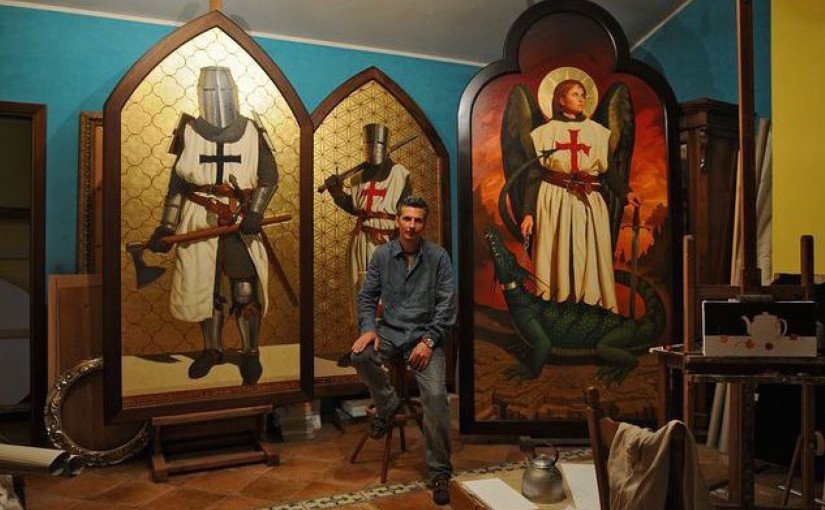

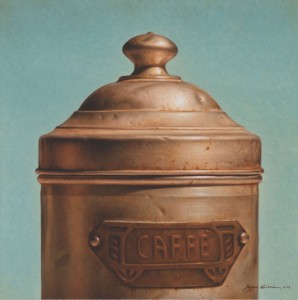
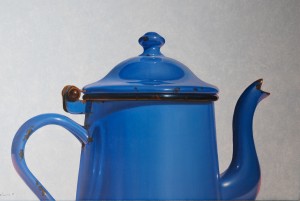
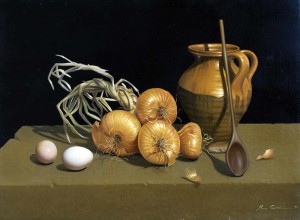
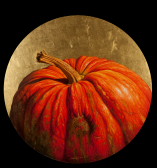
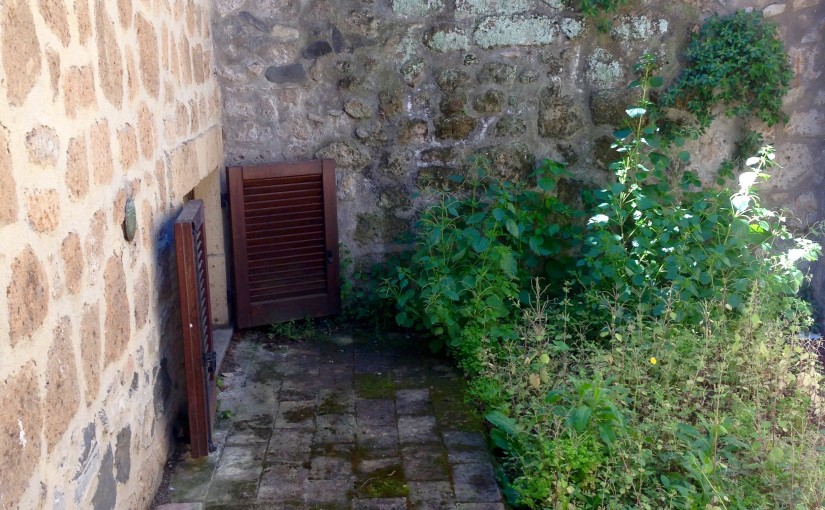
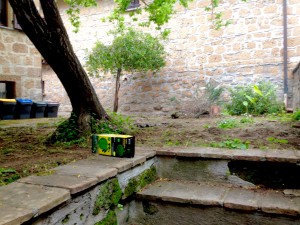
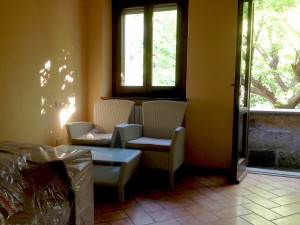
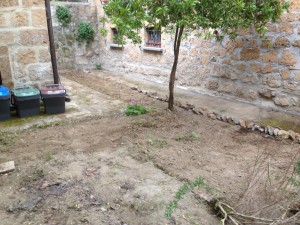
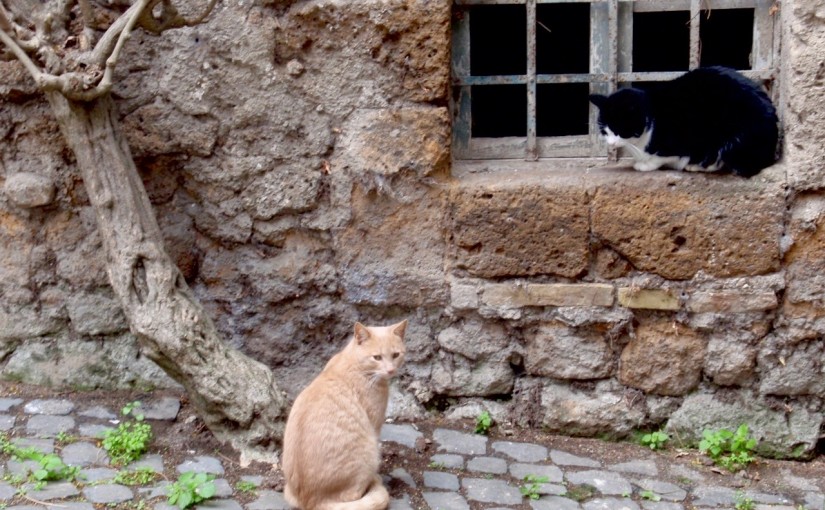
 Oh, my goodness. Well over half the opportunities I look at read more or less like this:
Oh, my goodness. Well over half the opportunities I look at read more or less like this: